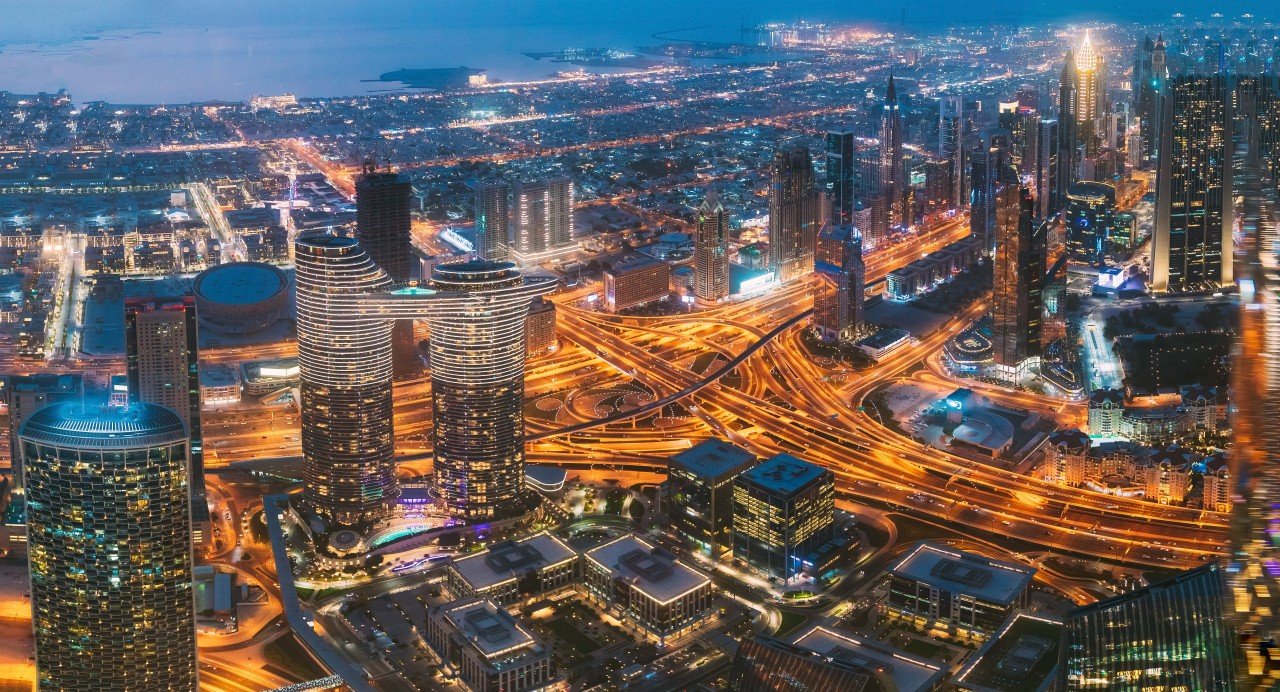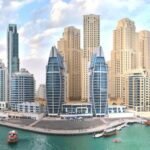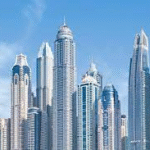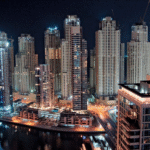Now Reading: Real Estate Booms: 7 Global Events Boosting Dubai Luxury
-
01
Real Estate Booms: 7 Global Events Boosting Dubai Luxury
Real Estate Booms: 7 Global Events Boosting Dubai Luxury

Table of Contents
Impact of International Events on Dubai’s Luxury Property Market has grown significantly in recent years, making it one of the most discussed topics among investors and real estate professionals. Dubai, known for its towering skyscrapers and opulent lifestyle, has emerged as a global safe haven for high-net-worth individuals (HNWIs), especially during global crises and economic shifts.
From political tensions in Europe to economic reforms in Asia, various international happenings have directly or indirectly influenced the buying decisions in Dubai’s luxury real estate sector. This article explores how global events reshape the city’s premium property landscape and why Dubai remains a top choice for international investors.
1. Political Unrest Drives Demand for Safe-Haven Assets
One of the most significant impacts of international events on Dubai’s luxury property market comes from political instability in other regions. For instance, conflicts in Eastern Europe and political uncertainty in South America have prompted wealthy individuals to seek more stable environments.
Dubai, with its neutral political stance, world-class security, and tax-free benefits, becomes an obvious destination. This trend was particularly evident during the Russia-Ukraine crisis, where luxury property sales in Dubai saw a sharp spike from Eastern European buyers.
2. Global Economic Shifts Influence Investment Patterns

Fluctuations in global economies have a direct impact on Dubai’s luxury property market. For instance, when the US Federal Reserve increases interest rates, investors often look to shift capital to regions where returns are more favorable. Dubai’s real estate offers better yields compared to many mature markets like London or New York.
Moreover, during times of inflation or currency devaluation in other countries, Dubai’s stable Dirham (AED), pegged to the US dollar, becomes even more attractive for foreign buyers.
3. Pandemic Aftershocks Spark Real Estate Boom
The COVID-19 pandemic was a turning point that deeply impacted international markets—and in turn, Dubai’s luxury property market. As countries went into lockdowns and remote work became normal, global investors began seeking second homes in lifestyle-focused destinations.
Dubai’s effective handling of the pandemic, along with open borders and strong healthcare infrastructure, turned the city into a magnet for affluent buyers from Europe, India, and China.
4. Changes in Residency Laws Boost Buyer Confidence
In response to international trends and to maintain its global appeal, the UAE government introduced several changes to visa and residency rules. These include:
- 10-year Golden Visa for investors
- Property-linked Residency Visas
- Flexible business ownership laws for foreigners
These reforms have had a direct impact on Dubai’s luxury property market, making it easier for international investors to reside long-term and invest without restrictions.
5. Global Events Like Expo 2020 Create Market Buzz
Large-scale international events hosted by Dubai itself also contribute to the sector’s growth. Expo 2020, although delayed by the pandemic, was a global success. It attracted millions of visitors and showcased Dubai as a futuristic, inclusive, and luxurious destination.
Such events increase global visibility and investor interest in Dubai’s luxury real estate, both from attendees and those following the coverage from abroad.
6. Shifts in Wealth Migration Patterns
As governments across the globe tighten tax laws, the ultra-wealthy are migrating to more tax-efficient regions. This has led to a notable impact on Dubai’s luxury property market.
Dubai’s zero income tax, coupled with its high standard of living, is encouraging wealthy families from Europe, China, and even the United States to relocate. As a result, luxury villas, penthouses, and branded residences are seeing record demand and price growth.
7. Global Digital Nomad Movement
The rise of remote work and digital nomadism is another subtle but important international event affecting Dubai’s luxury property market. Many affluent professionals are choosing to live in cities that offer lifestyle, safety, and luxury—all boxes that Dubai ticks with ease.
The UAE’s new Remote Work Visa is attracting global talent who then invest in short-term or long-term luxury properties, contributing to the sector’s momentum.
Why Dubai Remains a Global Real Estate Magnet

The impact of international events on Dubai’s luxury property market isn’t a temporary phenomenon. With a proactive government, robust infrastructure, and favorable laws, Dubai continues to adapt and thrive amidst global challenges. Here’s why the trend is expected to continue:
- Strategic geographic location connecting East and West
- Top-tier healthcare, education, and entertainment options
- Continuous development of high-end real estate projects
- Investor-friendly and tax-free economy
Furthermore, international luxury brands like Four Seasons, Bulgari, and Ritz-Carlton continue to launch branded residences in the city, indicating long-term faith in the market.
Conclusion
In an increasingly uncertain world, Dubai stands out as a beacon of stability and prosperity. The impact of international events on Dubai’s luxury property market has only strengthened its global appeal. From political turmoil abroad to global pandemics, international events have made Dubai not just a shelter but a strategic investment opportunity.
As the world evolves, investors will keep looking for markets that offer safety, security, and growth. Dubai, with its unique blend of luxury and stability, is perfectly positioned to meet those demands.
Also read – Luxury Real Estate Tax Incentives in Dubai: What Buyers Need to Know






















